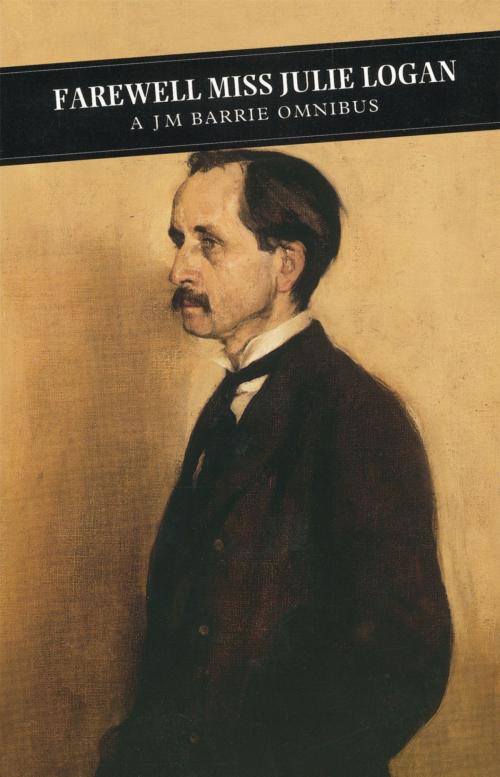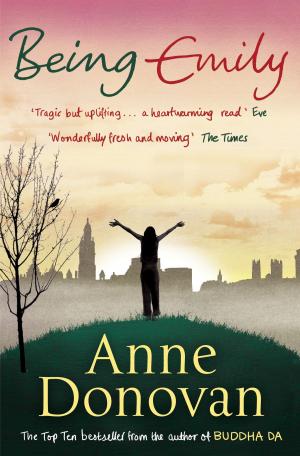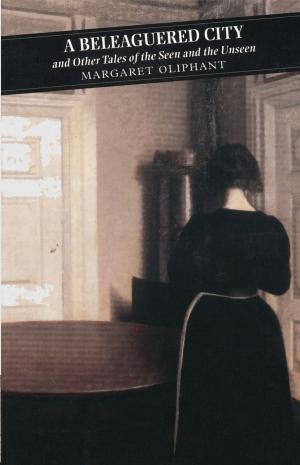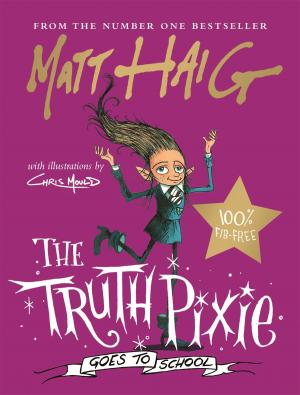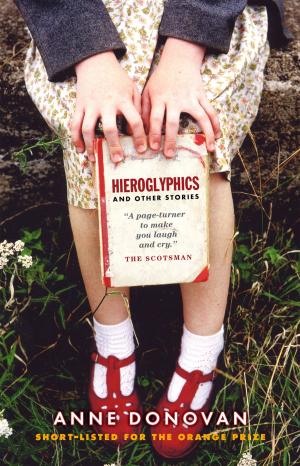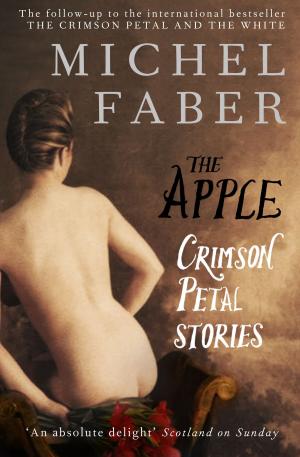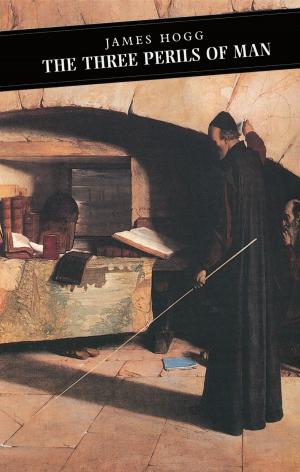Farewell Miss Julie Logan
A Barrie Omnibus: The Little White Bird: The Twelve-Pound Look: Farewell Miss Julie Logan
Fiction & Literature| Author: | J.M. Barrie | ISBN: | 9781847675149 |
| Publisher: | Canongate Books | Publication: | July 1, 2010 |
| Imprint: | Canongate Books | Language: | English |
| Author: | J.M. Barrie |
| ISBN: | 9781847675149 |
| Publisher: | Canongate Books |
| Publication: | July 1, 2010 |
| Imprint: | Canongate Books |
| Language: | English |
Edited and introduced by Andrew Nash. This selection of J M Barrie’s work covers three different genres and all the most telling themes found in his writing: Scotland, childhood, fantasy and sentimentality, sexual anxiety, theatrical invention, social comedy and proto-feminism. The disturbing prose fable of The Little White Bird contains the first and most original exploration of the Peter Pan theme, properly set in the wider context of a middle-aged man’s engagement with creation, fantasy and loneliness—a theme which made Barrie world-famous and haunted him for the rest of his life. In a one-act play of scintillating satire, The Twelve-Pound Look exposes the pomposities of male pride and public success in 1910 from the point of view of an ex-wife unexpectedly returned as her (be)knighted husband’s typist. Written in diary form and telling of an uncanny romance in a remote winter glen, Farewell Miss Julie Logan evokes the author’s fascination with longing, death and loss in a novella which can stand with the stories of the supernatural and which itself raises questions about the nature of romance fiction. This volume offers an exciting reassessment of one of Scotland’s most unusual and misrepresented writers. ‘Barrie can justly be called a pioneer of modern fantasy.’ The Times
Edited and introduced by Andrew Nash. This selection of J M Barrie’s work covers three different genres and all the most telling themes found in his writing: Scotland, childhood, fantasy and sentimentality, sexual anxiety, theatrical invention, social comedy and proto-feminism. The disturbing prose fable of The Little White Bird contains the first and most original exploration of the Peter Pan theme, properly set in the wider context of a middle-aged man’s engagement with creation, fantasy and loneliness—a theme which made Barrie world-famous and haunted him for the rest of his life. In a one-act play of scintillating satire, The Twelve-Pound Look exposes the pomposities of male pride and public success in 1910 from the point of view of an ex-wife unexpectedly returned as her (be)knighted husband’s typist. Written in diary form and telling of an uncanny romance in a remote winter glen, Farewell Miss Julie Logan evokes the author’s fascination with longing, death and loss in a novella which can stand with the stories of the supernatural and which itself raises questions about the nature of romance fiction. This volume offers an exciting reassessment of one of Scotland’s most unusual and misrepresented writers. ‘Barrie can justly be called a pioneer of modern fantasy.’ The Times
